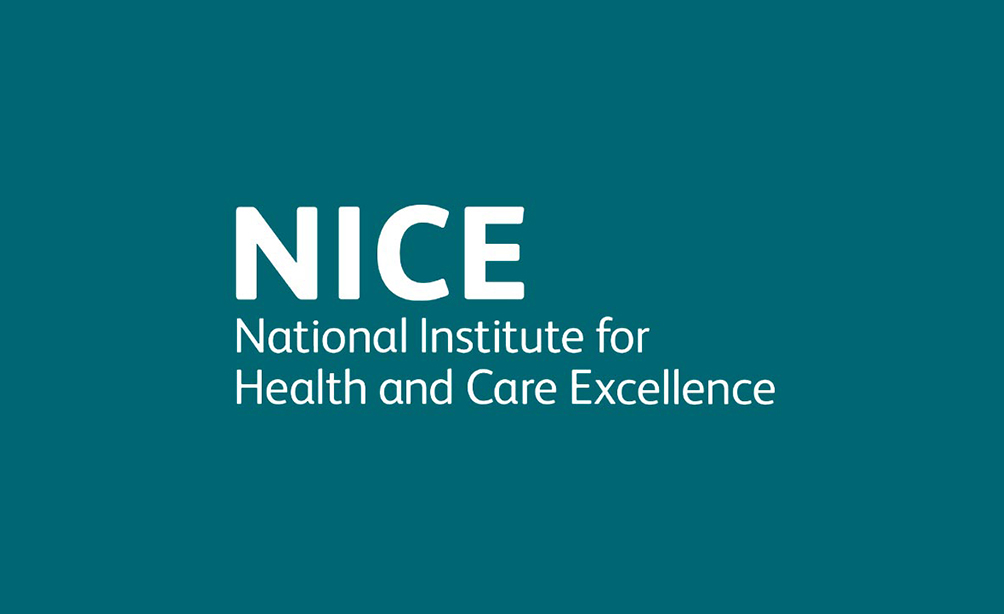supporting positive relationships
As stakeholders who care for ‘Looked after young people‘ supporting them to develop positive relationships is of paramount importance; creating and nurturing positive relationships will help to ensure that when young people transition between or out of children’s services they have a network of people around them in whom they trust, who are invested in their future and who can support them to move forward
How can you ensure you are adhering to the NICE Guidance?
Research for NICE guidance suggests that positive relationships are supported by:
• genuine caring – being treated by carers as ‘one of their own’
• availability – being there when needed
• reliability – providing promised support in a timely manner
• listening that is active and non-judgemental
• continuity of relationships
• promoting agency and shared decision making that is appropriate to
developmental age
• providing well-communicated and fair discipline and boundaries
• persistence and understanding despite challenging behaviour
· positive role models who offer guidance.
Taking into account safeguarding issues, alongside young people’s preferences, the guidance asks stakeholders to consider interventions which improve relationships between siblings in care. Suggested elements of interventions are:
• structured conversation around relationships and conflict resolution
• incentivised cooperation, for example shared activities and outings to
reward prosocial, cooperative behaviour
• shared activities with coaching in prosocial skills using life story work
It advises implementing relationship coaching, independently from carers, for siblings in care and offering the carers themselves training around the importance of these relationships (outlined in 1.2.2-1.2.5).
It advocates providing contact supervisors when necessary for safeguarding and/or if it will help support the relationship between young people and their birth families, and recommends always having the same contact supervisor.
Recommended training and tools for contact supervisors:
• safeguarding, including trauma-informed training which recognises signs of distress (including in babies and children not able to talk)
• providing emotional support for young people, during transitions to and from contact with birth families
• providing support for and feedback to birth parents to help build positive relationships during contact
• knowing when to support, and how to reduce support when necessary
• record keeping and sharing information with the broader care team.
• interpreting services to support non-English speaking families
• additional communication aids such as sign language where needed
Where possible and having created clear risk assessments, the guidance states that the use of text, email or social media can be used to support contact (outlined in1.2.6 -1.2.10).
The report emphasises the need to support social workers in order to reduce professional turnover and underpin continuity of care for young people, suggesting the following;
· regular supervision to review wellbeing in workers, and reflect on practices that promote positive relationships (as set out in 1.2.1)
· consultation for complex and specialist problems (see recommendation 1.4.3)
· trauma-informed training in communication skills to support positive relationships (see recommendation 1.3.17).
The guidance suggests social care managers review ways of working to reduce duplication of effort, increase staff retention, and enable more one- to-one time between social workers and the young people they support, for example by improving administrative support.
Local authorities should collect/review data on staff turnover to analyse the impact on young people and replicate successful existing staff systems.
Importantly all stakeholders should inform young people pre-emptively and appropriate to developmental age, of upcoming changes, which may impact on their relationships, recognising the emotional impact of such changes and provide an opportunity to say goodbye (outlined 1.2.11-1.2.14).
The guidance suggests stakeholders consider mentoring programs which have professional oversight for example pairing young people with peers who have care experience to provide positive role models, particularly for young people with social, emotional and mental wellbeing needs. For individual homes it may be possible to use Dialogue forums to make contact with other local homes; larger companies could set up internal programs. It also highlights the importance of providing funding to support contact with friends for travel, activities and supervision (when needed) particularly fostering those friendships that existed before young people entered care.
In relation to placement stability the guidance advocates out-of-hours support services for young people to help resolve urgent problems, for example social workers ‘on call’, voluntary or independent agency helplines, or advocacy organisations (Below are some helpful links).
When placements are at risk of breakdown, social workers and care managers should facilitate communication between staff and young people, to find resolutions. It may be worth considering outside mediators so young people feel they are supported in these conversations.
When placements change:
• discuss the reasons for this with the young person in a way they can understand and that is age and developmentally appropriate
• offer emotional support, where possible with practitioners they have existing relationships with
• use ongoing life story work to help them process changes in placements
Managers within homes should also debrief, reflect on what went wrong, review practices and support staff through supervision and training to prevent future breakdowns (outlined 1.2.15-1.2.20).
https://www.supportline.org.uk/problems/children-and-young-people-support/
https://www.mind.org.uk/information-support/for-children-and-young-people/useful-contacts/
https://www.childline.org.uk/
https://www.advocacyfocus.org.uk/independent-childrens-advocacy
https://www.barnardos.org.uk/what-we-do/protecting-children/childrens-rights-advocacy
https://www.coram.org.uk/how-we-do-it/coram-voice-getting-young-voices-heard
https://www.kooth.com
https://www.missingpeople.org.uk
YoungMinds Crisis Messenger they provide free crisis support every day of the week, at any time day or night. You just need to text 85258. All texts are answered by trained volunteers, with support from experienced clinical supervisors.
